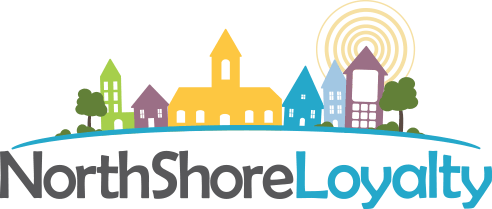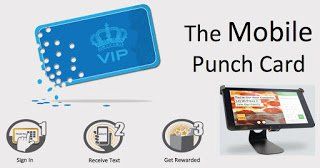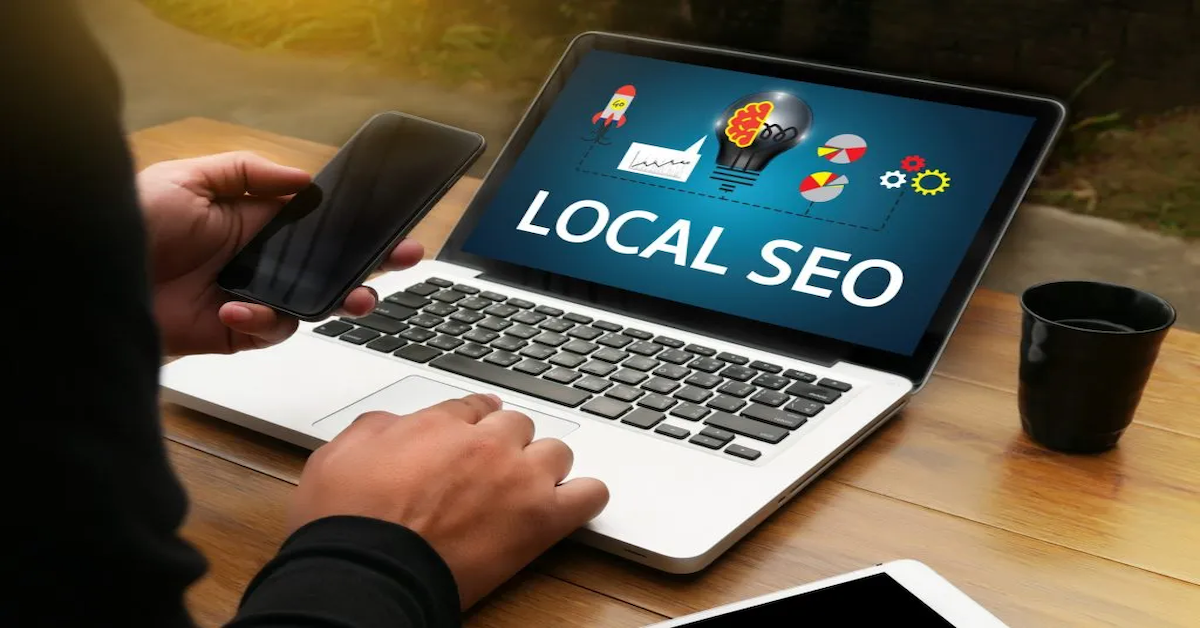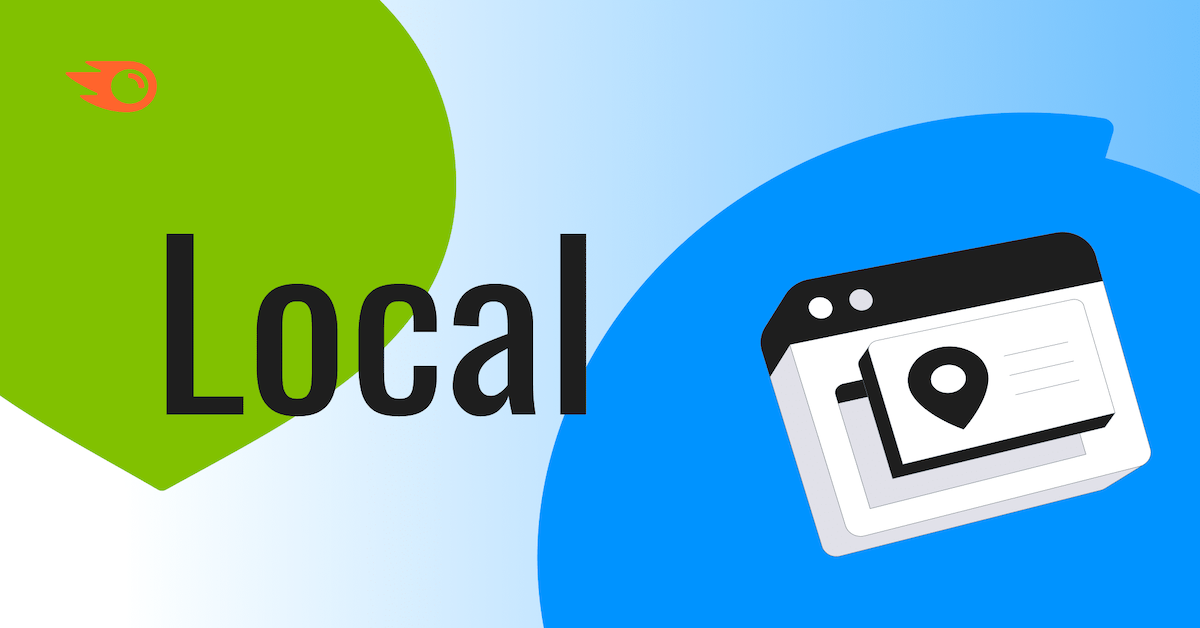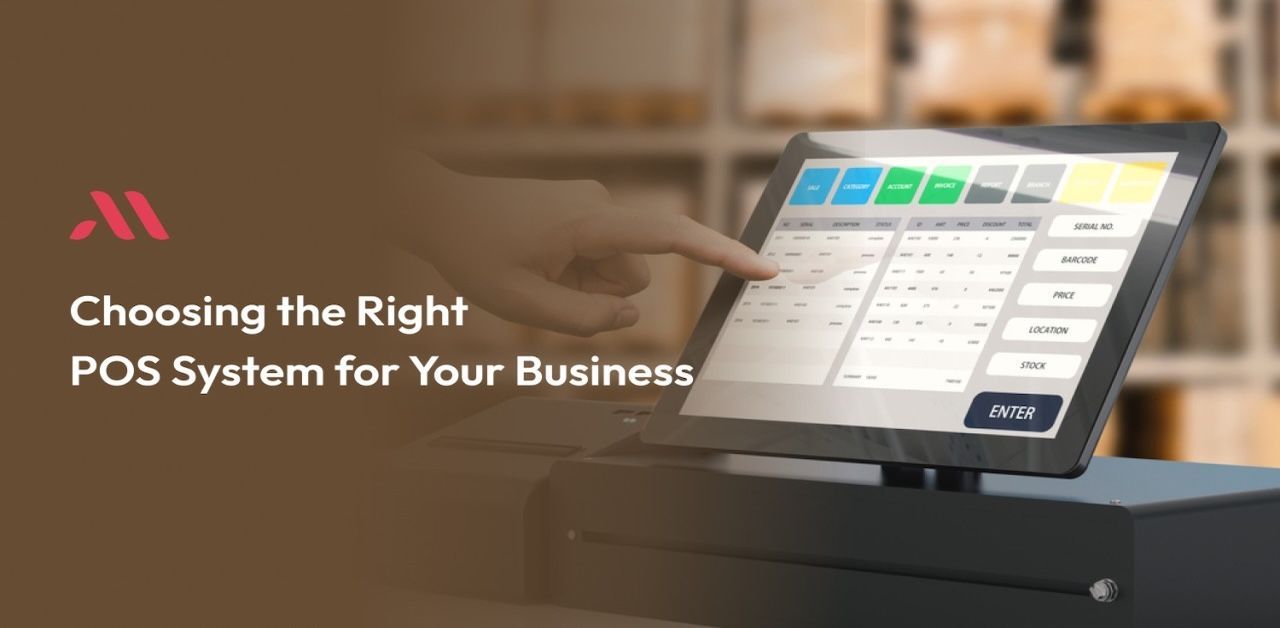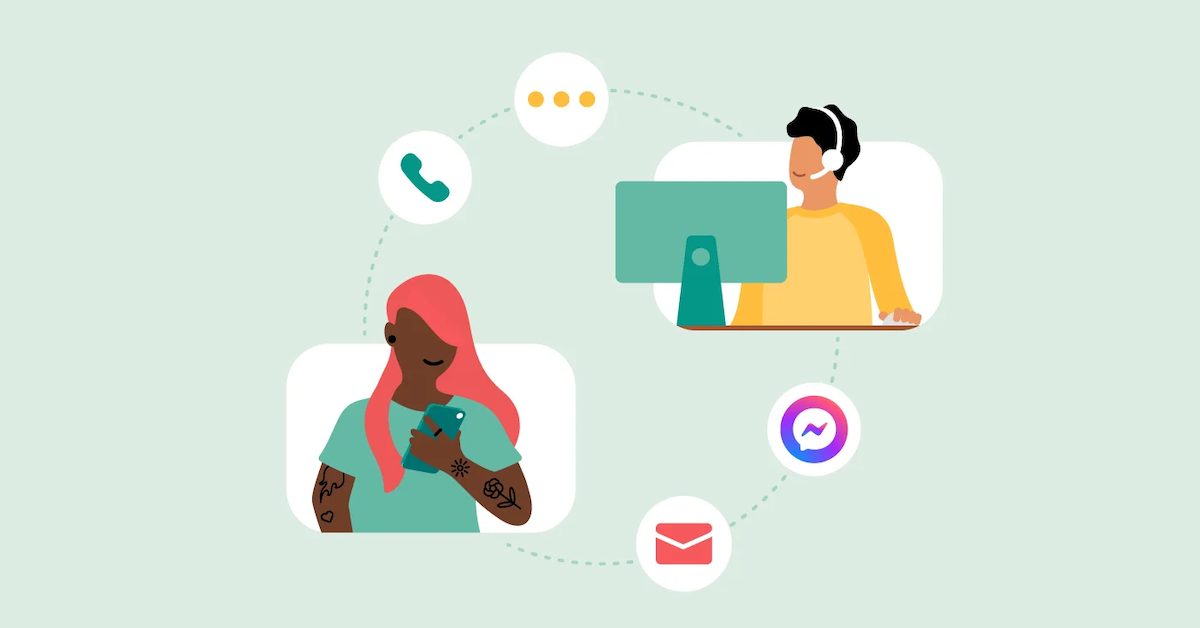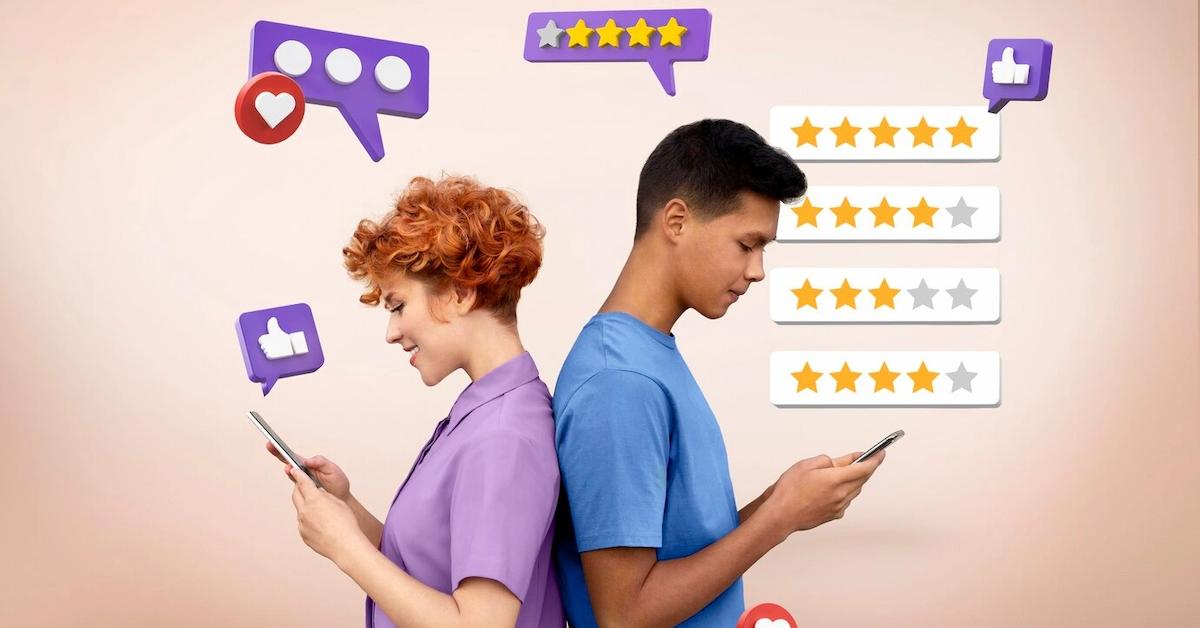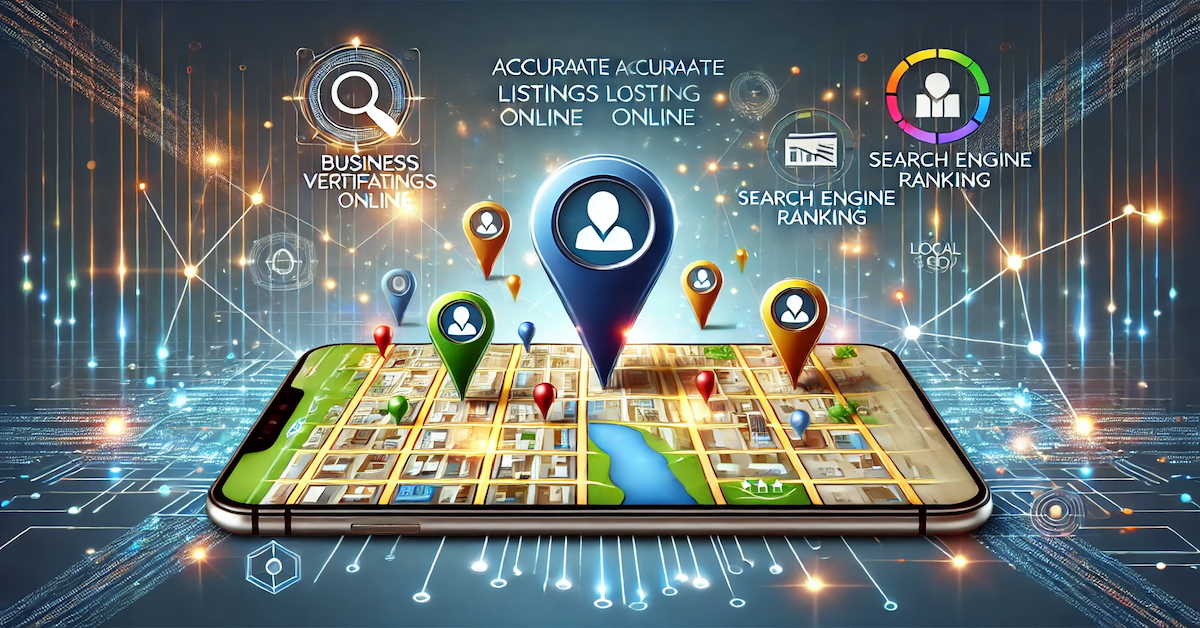Ron Goldblatt • March 25, 2018
Customized Loyalty Programs Help Small Business Compete Against the Big Guys.
In recent years, we have seen customized loyalty programs steadily grow in popularity, as a large number of major brands rolled out their own programs to establish better, closer relationships with their customers. The most important question any marketer or business owner can ask is “Do loyalty programs
really pay off?” The answer is “YES! They do.” This article will tell you why every business, small and large should have a loyalty program.
The Rise of Loyalty Programs
We can trace back the rise of loyalty programs to the 1970s. European researchers studying business-to-business marketing discovered
that closer customer relationships led to greater profits, better customer retention rates, and higher customer satisfaction, among many other things.
A lot of time has passed since then, and we now know exactly why customized loyalty programs are so effective. Sid Probstein from CRM Media explains
that it costs 5x more to acquire a new customer than it does to keep the current one. And to bring a new customer to the same level of profitability as an existing one, the company must spend 16x more money.
That’s because the 80/20 law works with no exceptions. According to this law well known by many marketers, 80 percent of revenue comes from only 20 percent of customers. We know the law works because of research done at the Kellogg School of Management at Northwestern University, which states that “Up to 15 percent of a business’s most loyal customers account for 55-70 percent of its total sales.” Furthermore, only 1 percent of a retail website’s users generate as much as 40 percent of its total revenue, states Chloe Rigby in her article for Internet Retailing.
As Elite Daily found
, the millennial generation is even more devoted to their favorite brands
than any other generation. 50 percent of millennials are saying they are either extremely or quite loyal to their favorite brands. The majority of U.S. marketers are well aware of this trend, and they intend to allocate more of their budgets
to customer loyalty programs in 2016.
Give Your Customers What They Already Want
According to a press release from Transera
, a cloud-based call center solutions service, “ Loyalty program membership increased by 27 percent
from 2012-2014.” This corresponds to roughly 2.6 billion loyalty program memberships in the United States alone.
Why are loyalty programs becoming increasingly more popular? Because customers love them. When asked
and found that 87 percent of shoppers said they want loyalty programs, and 68 percent of millennials went on to say they would never be loyal to a brand unless it had a good loyalty program. Given these facts, it’s easy to see why the implementation of a customized loyalty program
is an excellent strategy for any small business that wants to compete with the big companies and firmly establish their place in the market.
The Added Value of Customized Loyalty Programs
“More than 50 percent of shoppers say they would pay a higher price for the customer experiences they value most, and 77 percent would be more loyal to stores that provide their personal top three customer experiences,” explains an article from Synchrony Financial. Of course, an increase in revenue is always welcomed with open arms, but revenue itself hardly ever tells the full story.
In the case of customized loyalty programs, the added value comes also from the insights loyalty programs generate. According to a story in the Wall Street Journal
, consumer data and other intangible assets could be worth more than $8 trillion. A good example is the Kroger Co., which “was estimated to have sold $100 million worth of data in 2014 to Procter & Gamble Co., Nestlé and other suppliers,” as stated in the report. Are customers willing to share their personal information? Yes, in fact, “67% of US adults would be willing to give companies access to basic personal information
in exchange for better products and services.”
For any business considering a loyalty program, the question becomes how much information do you want or need. The more information you ask for, the less likely a customer will want to join your program. Asking for an email address with just a first name or just a mobile phone number has proven to increase the number of active participants in a loyalty program.
Perhaps even more importantly for small, local businesses, loyalty programs give customers an incentive to recommend your business to friends by word of mouth and on social media sites. This can be essential for a success of a small business that doesn’t have the same marketing budget as some of the largest companies.
Conclusion
At NorthShore Loyalty
, we offer a mobile style punch card to connect with customers through their phone and bring them back during your slower times of the week to drive more sales when you need them. You can sign up for a risk-free demo or visit our website,
learn more about our services, and listen to what our clients have to say about our ability to make their business grow.
Our Recent Post
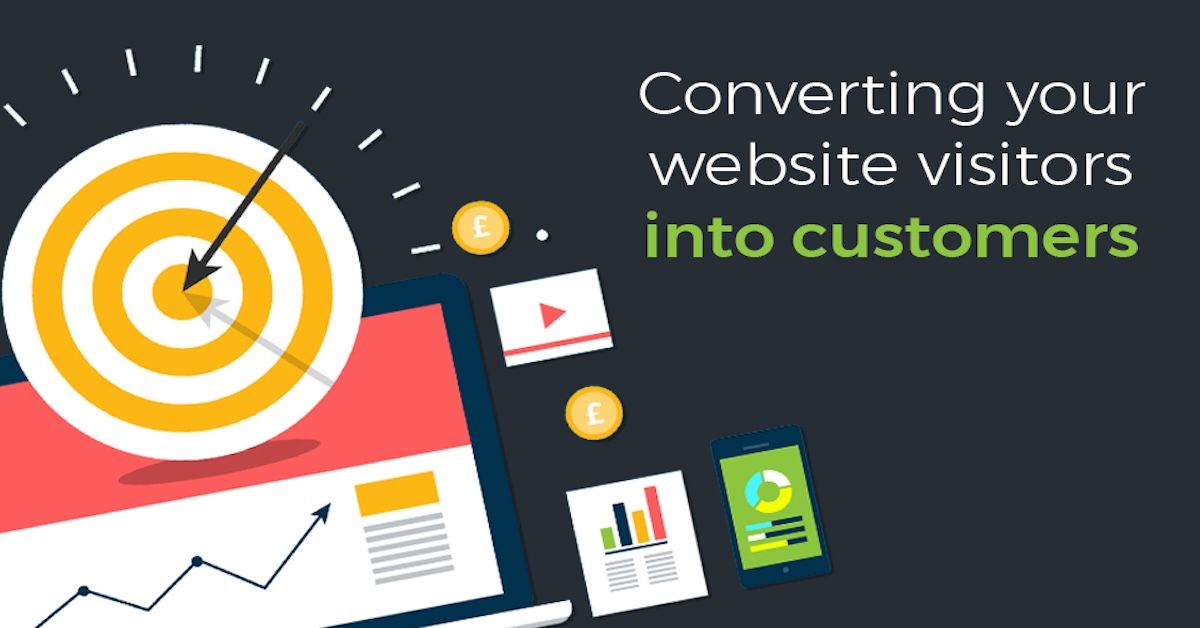
In today’s competitive online world, having a professional website is no longer just an option for businesses—it's a necessity. Your website serves as the virtual storefront for your brand, and its design can play a critical role in converting casual visitors into paying customers. Whether you run a small business or manage a large corporation, an intuitive, aesthetically pleasing website can significantly impact your bottom line. In this article, we’ll explore how professional website design can enhance user experience and ultimately convert visitors into loyal customers.
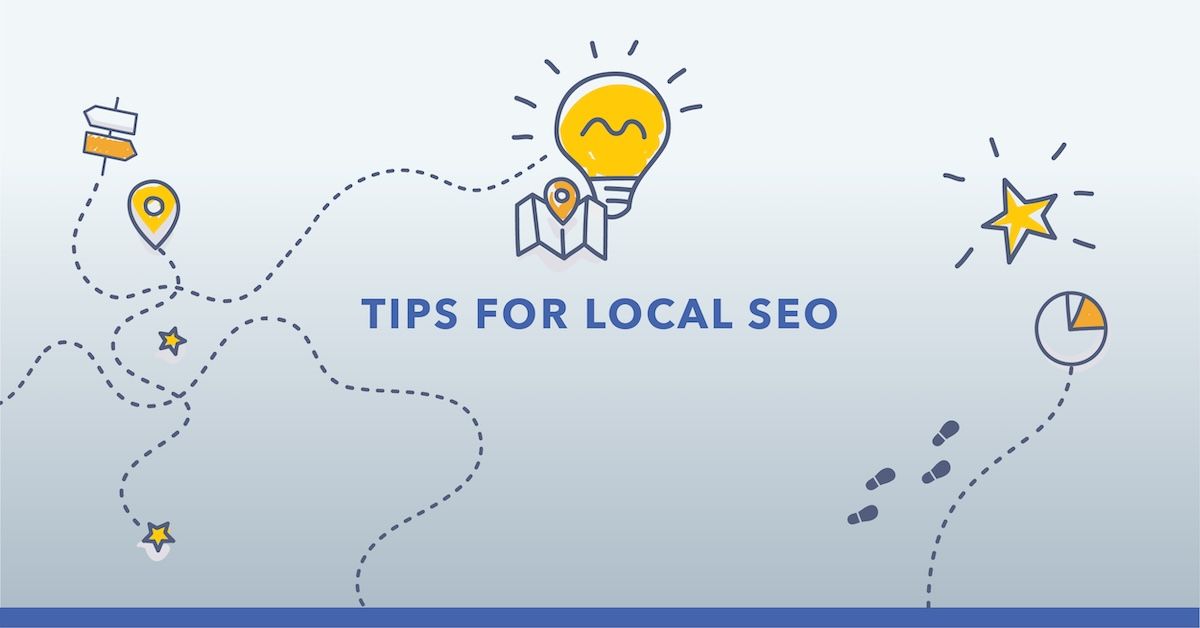
The way people search for information is constantly changing, especially with the rise of mobile and voice searches. As smartphones and voice assistants like Siri, Google Assistant, and Alexa become an integral part of daily life, local businesses need to adjust their strategies to stay visible to their target audience. With more people relying on their mobile devices and voice commands to find nearby services, understanding how these searches affect local SEO is crucial for success.
